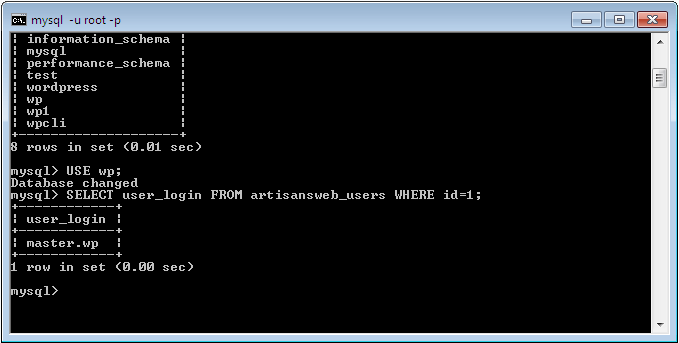

The result of the query will be cached if it is cacheable and the value of the query_cache_type system variable is set to ON or DEMAND. How We need all of the information from table a for the group by but we don’t need to execute all the joins before clustering them. There are two options to use the Query Cache using the SELECT Statements. Speed up MySQL queries What can we do to optimize this query We can’t avoid the group by over the 1.3M rows, but we are able to avoid the join over 1.3M of rows. For example, fetching the list of countries will change very often so it will be beneficial to use the Query Cache for such queries. Query cache will be beneficial when your site have a data which is updated very often and in that cache your server will receive the identical query multiple times. Note: Query Cache will cache the SELECT statements only. So after that if client request the same query then MySql will return the result from the cache rather than executing and fetching data again from the database. So when using the Merge algorithm, the performance of your View is only as good as the query that creates it.
MYSQL SPEED UP QUERY HOW TO
When you perform any query then MySql will cache the query statement as well as the result returned from the query. Trying to use any of these will force MySQL to use the below Temptable Algorithm. performance - How to speed up update join query between 2 mysql tables - Database Administrators Stack Exchange How to speed up update join query between 2 mysql tables Asked 5 years, 4 months ago Modified 9 months ago Viewed 8k times 3 alright long story short., i have powerful dedicated server. We are going to devide this post in four section.


 0 kommentar(er)
0 kommentar(er)
